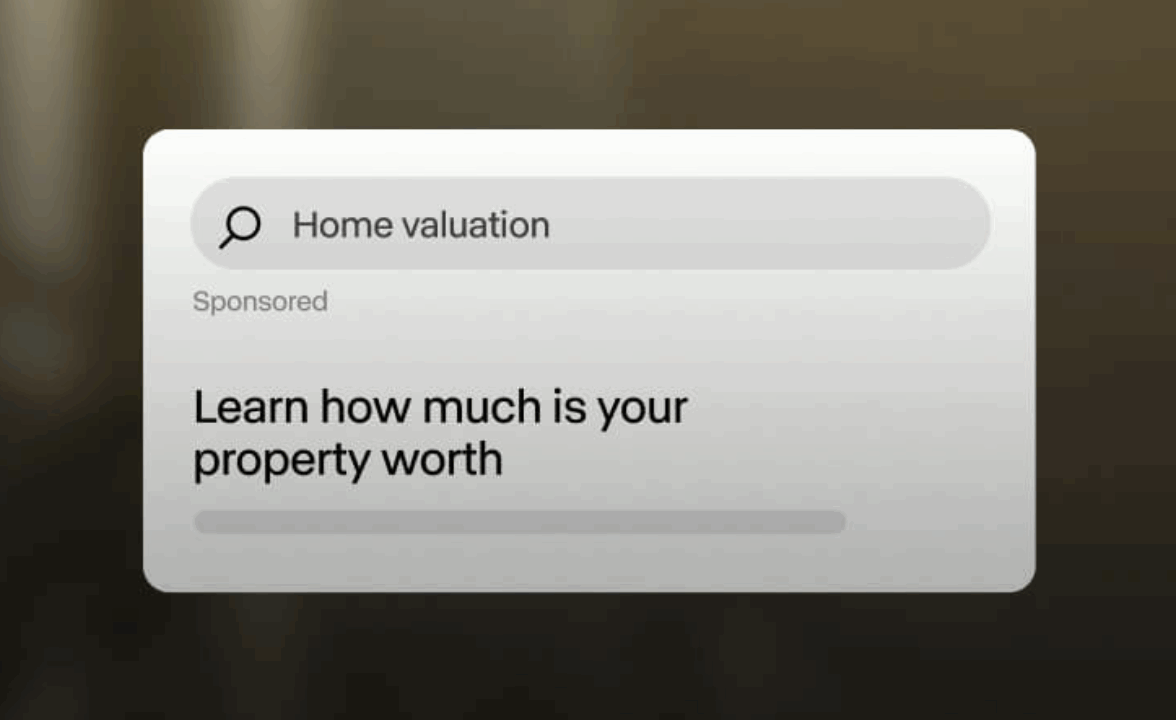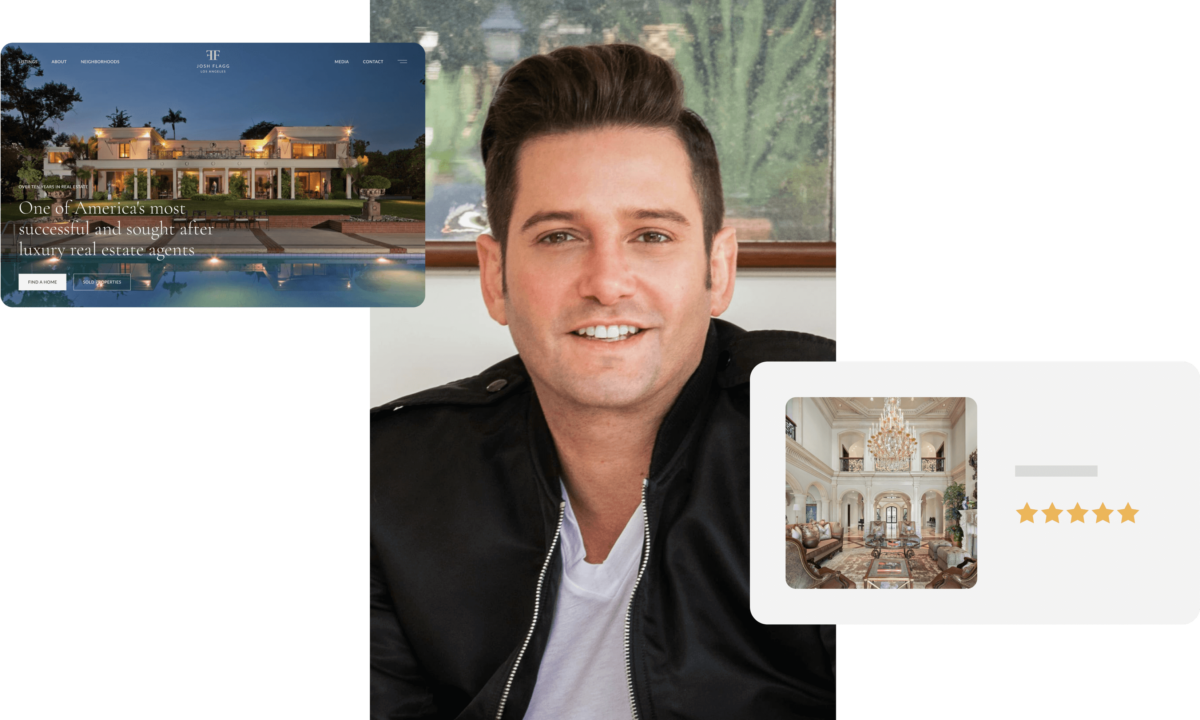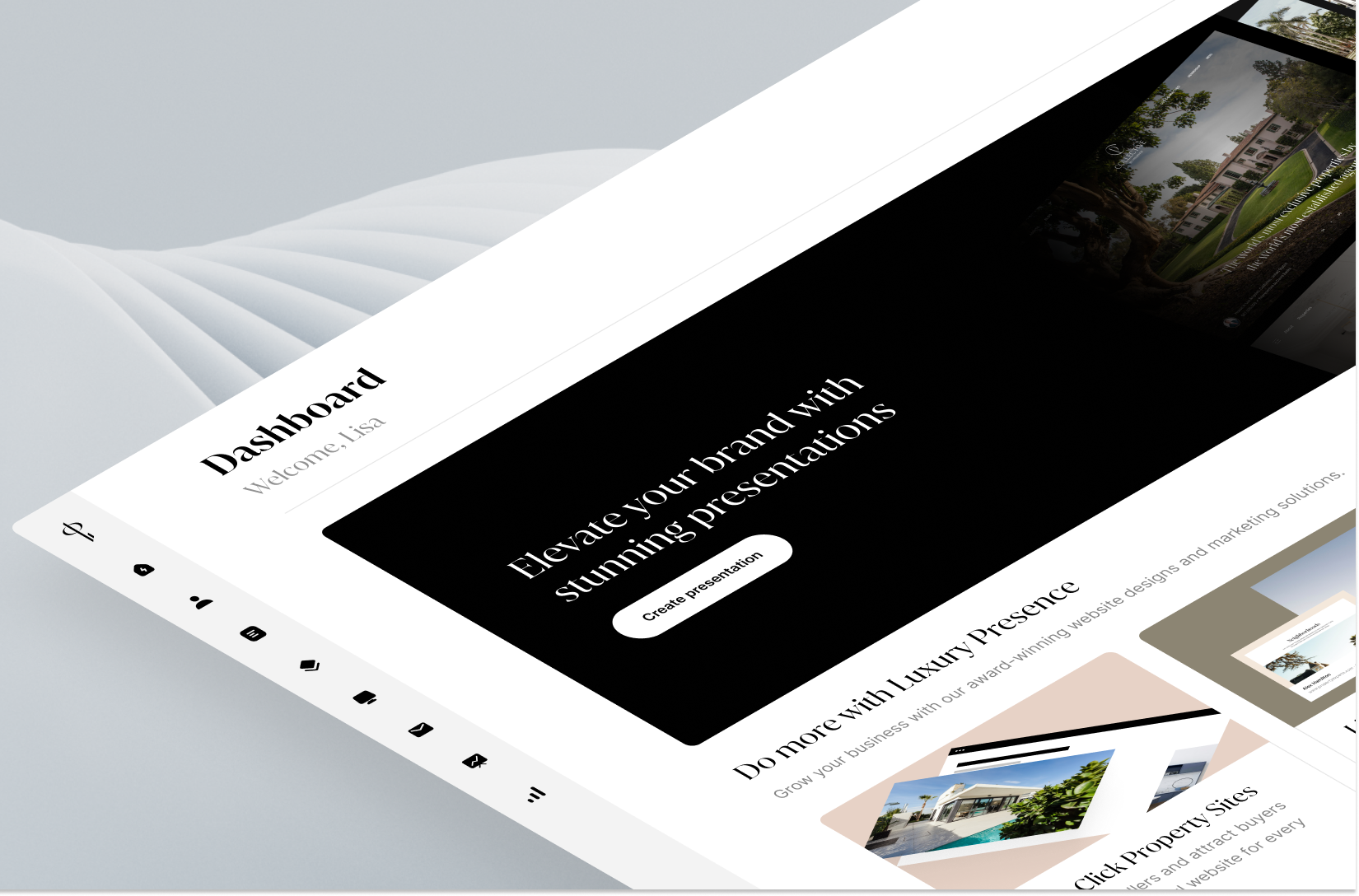These days there’s no excuse for a real estate business not to have a website. As we’ve said before, real estate marketing is transforming, and the old ways of doing things are being rapidly replaced by websites, blogging, email marketing, and other digital channels.
Adding a well-designed site that looks and functions properly to your marketing efforts will help you to cement your brand, build authority, communicate to your audience, and attract new leads.
When it comes to ownership, considering whether to lease or buy is a crucial, and often confusing decision. There are so many options on the market today that many real estate professionals get overwhelmed and don’t take action.
That’s why we’ve put together this guide to provide a straightforward overview of the pros and cons of each option so you can understand which is the best fit for your business needs now and in the future.
Here’s our CEO, Malte Kramer, talking about the trade-offs:
Buying A Real Estate Website
If you’re an established real estate business that needs a lot of flexibility and has room in the budget to invest and a dedicated developer and designer on your team, then buying your site could be a good idea. That is, as long as the downsides aren’t a major concern for you.
What you need to understand is that buying a website is not like buying a home. While the ownership brings complete freedom, ownership, and control… there is a key difference: technology deteriorates very quickly and loses its value while a home typically appreciates over time. This means a lot of responsibility with a very limited upside.
In any case, getting a clear idea of the pros and cons of each approach is a good idea before you make a decision.
The Pros of Buying
Total Flexibility: Buying a site provides the greatest amount of flexibility, so you’ll rarely be limited in terms of customization, plug-ins, and design options. If you need a website that can grow and change as your business does and you have someone on your team who knows how to design and write code, then this option could be right for you.
Full Ownership: Depending on the provider you choose, rented sites limit the ownership of your code and design. Some SaaS providers also want to own the content – which could be a non-starter for some agents. Make sure to ask if this is the case (FYI – with Luxury Presence you keep ownership over all digital assets and content!).
Open Architecture: If you don’t want to be locked into working with one provider, then a custom website’s open architecture will allow you to transfer management to another organization or developer easily.
Limitless Integrations: If you want to have a lot of room for plug-ins, then a custom site allows you to integrate third-party services like marketing, social media, payment, and e-commerce features via API – however, make sure you have a developer ready to keep those integrations up to date!
The Cons of Buying
Higher Setup Cost: Getting a site designed and built professionally can generally cost anywhere from $10,000 – $60,000+, which is a significant investment for most businesses.
More Responsibility: The cost of building a site is just one aspect; what it doesn’t cover is the ongoing maintenance, domain & hosting fees, security updates, uptime monitoring, development costs for new features, or fees for additional customizations and plug-ins. If you’re not tech-savvy or don’t have time to do this yourself, you’ll have to pay someone to manage it for you. If left alone, your website will eventually become obsolete due to the ever-evolving nature of technology.
Inconsistent Quality: One of the most significant risks with a custom site is the inconsistent quality of the end result. There’s no guarantee that if you pay extra for a custom site, you’ll be rewarded with a beautiful, functional website. The quality is limited to the skill of the provider you choose.
More Effort: All things considered, a custom site will require the owner to invest more time into long term management and customization. Any change or update will mean spending more time with your developer.
Hidden Costs: When owning your website code, you often run into hidden costs like paying a developer for security upgrades, dealing with your hosting provider when the server goes down or paying a marketing agency to install the correct tags for you. With a leased website, all of this is included in your monthly fees.

The New Way: SaaS (Software as a Service)
If you want the highest quality product, evolving features, and a website that doesn’t go obsolete while keeping your setup fees low, then leasing your website can be a great option. This model for purchasing software is widely known as SaaS (Software as a Service) and has become the gold standard for how most modern tech companies sell their software.
Renting a website is similar to renting a property in the sense that you don’t have to pay considerable setup costs or invest resources into ongoing maintenance and expansion. Under the SaaS model, your provider is making all updates on your behalf and you get an evolving software that gets better each year.
Again, knowing the pros and cons of this approach is crucial before you decide as you may be turned off by the downsides of this approach.
The Pros of SaaS
Low Setup Cost: For those wishing to reduce setup costs, renting is an ideal solution as the cost of initial setup and maintenance is much lower than a custom build. Depending on the provider, the subscription fees start as low as $50 and continue into the $100’s each month. The price also depends on the complexity of your website, and most providers offer a range of choices.
Modern Features: Because you’re leveraging an existing design, the sites are usually of higher quality and offer more polished and modern feature sets. Many “custom website agencies” will rely heavily on IDX plugins and other shortcuts to keep their development costs low, while SaaS companies are incentivized to invest in their software to continue making it better.
Support Availability: If you rent a site and the provider doesn’t include these in the subscription, they’ll at least provide a large amount of documentation, as well as quality technical support you can work with to find a solution. With any serious providers, you get access to a domestic support team which includes technical support as well.
Affordable Maintenance: Most subscription providers include a certain amount of maintenance as well as site changes and upgrades into the subscription, meaning you’ll have the flexibility to adapt and change without spending a fortune. They’ll also bundle in other costs like hosting, domains, and security updates.
Consistent Quality: As long as you stick to using one of the included design templates, rental sites provide more consistent and reliable quality in terms of design, function, and lack of bugs.
The Cons of SaaS
Limited Ownership: Many rental platforms take full or majority ownership of your website, which means if you decide to cancel your subscription for any reason, you may lose what you’ve built (note: ensure your provider will let you keep your digital assets).
Limited Design Options: While the quality of SaaS websites tends to be higher, the design options are more limited than if you’re starting with a blank page. If you have a very specific design in mind it might require you to hire someone to build it from scratch. However, whenever possible, it makes sense to start with a proven design and customize only what you really wish to change.
Limited Flexibility: Some providers offer limited choices when it comes to hosting, billing, domain, and customization options. Some consider this a benefit… but for many folks, this is a problem.
What’s Best For You?
Only you can know the best way to create and manage your real estate website. Either way, you’re going to invest time, resources, and money into the asset. What you’ve got to consider is how much you want to invest and where.
Just like when choosing a property, you’ve got to think about what’s best for you now, as well as what’s best for the next 3 – 5 years.
Need help making a decision? Our experts can help you narrow down your options and ensure you end up with a real estate website that’ll take your business to the next level.




